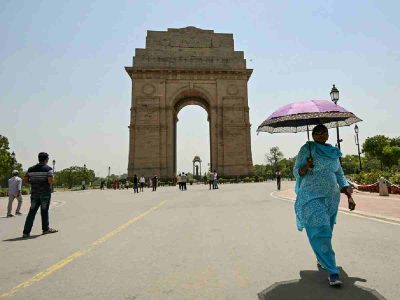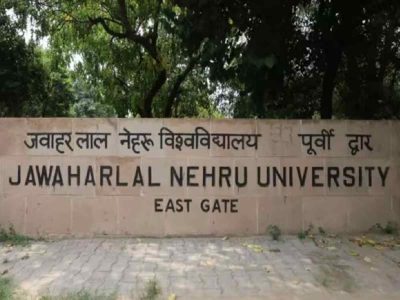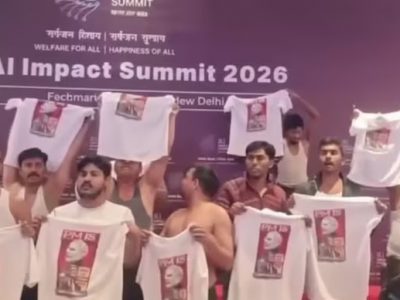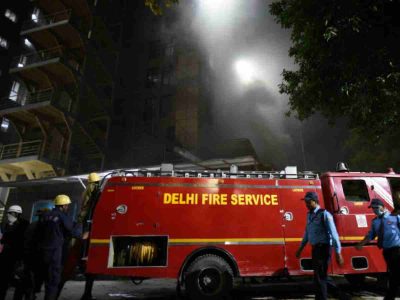Akshat Kishore, a student of Class 12 at Shri Ram School, recently built an application that identifies whether an object is biodegradable or not.
The application significantly improves how we interact with everyday items and make more informed choices regarding our ecological footprint.
The 16-year-old was troubled to find how people around him find it difficult to identify biodegradability of an object.
“A lot of them just put the waste anywhere randomly,” he said.
This led to the beginning of his project ‘NoWa’. “I wanted to come up with a solution where you can provide an apt classification about whether a particular object is biodegradable or not.”
Today, NoWa is available on Playstore. “This application aims to make users conscious of all the items that are fatal for the environment’s health,” said Kishore, a resident of Gurugram.
The application also contains information pages that have a step-by-step guide on processes such as recycling and composting. Available for both Android and iOS, the application uses advanced AV technologies, which provide instantaneous classification. By simply scanning an object with their smartphone camera, users can receive instant feedback about the object and the next steps.

The app utilises artificial intelligence to analyse the composition of various materials, especially the ones available in households. It was programmed in Python, using a Keras Sequential Model to create the neural network.
Trained on a 22,000 image dataset with a 95% accuracy, the model was then saved as a portable TFLite File and imported into the Android Studio and Xcode IDEs. It was then initialised as a part of the interpreter in the iOS version of the application.
“I have always been fascinated by artificial intelligence. In 10th standard, when I was just 14-years-old, I would often utilise the internet to learn about new technologies and artificial intelligence. I have taken many courses online just to equip myself with the cutting-edge technology that is emerging today,” Kishore said.
Kishore is currently working on other projects such as a detector for heart disease and has also been involved in research for an app to detect lung cancer with students from University of Delhi.
He is particularly worried about the environment and wishes to save it using technology and AI.
“Today, there are over 200 trillion kilograms of waste that are not recycled and end up in landfills to be burnt around the world, causing hazardous pollution. Every year, the pollution levels in Delhi reach PM 2.5,” he said.
“Despite significant financial commitment, attempts to inform the public about proper trash disposal have so far had only fair results. What can be recycled or composted frequently causes confusion in people. Waste containers are often surrounded with signs and boards that are hard to see and frequently leave important information out,” he added.
A single mistake, Kishore said, that causes contamination frequently results in an entire bin ending up at a landfill. For example, data from the National Garbage and Recycling Association says that human error in the proper identification and placement of waste into our waste bins causes contamination of over 25% of recyclables, diverting recyclable materials into landfills.
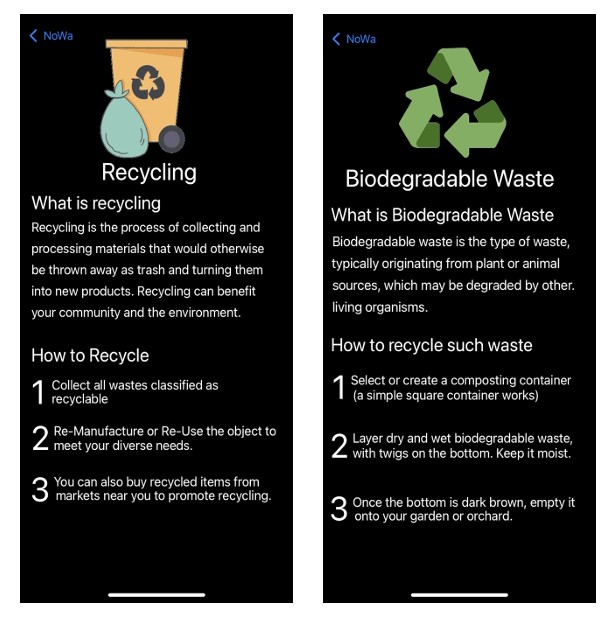
Kishore particularly said that he wants to address this issue so that common people can contribute to waste management and environmental health with something as handy as a smartphone.
“Usage of simple procedures such as categorising wastes as recyclable or organic, composting, and recycling can greatly help the environment. So, I wanted to create awareness on these procedures and practices,” he said.
In future, Kishore intends to opt for studies in computer science and artificial intelligence.


